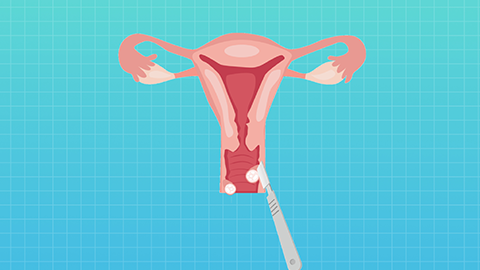What is uterine fibroid and is it a serious condition?
Uterine fibroids are typically benign tumors formed by the proliferation of uterine smooth muscle cells. Most cases are not serious, although a few may affect health if they grow rapidly or are located in specific positions. If abnormalities occur, timely medical consultation is recommended. Detailed analysis is as follows:

Small-sized uterine fibroids that are few in number and do not press on the uterine cavity or surrounding organs generally do not cause noticeable symptoms. They are often discovered only during physical examinations and do not pose a threat to health. Regular check-ups are sufficient, and no special treatment is required.
If a uterine fibroid is larger than 5 cm in diameter or grows submucosally, it may cause heavy menstrual bleeding and prolonged menstruation, leading to anemia. Compression of the bladder or rectum can result in frequent urination and difficulty defecating. Rapid enlargement within a short period should raise concerns about potential malignancy. In such cases, timely treatment is necessary.
After discovering uterine fibroids, regular follow-up examinations of their size and shape are recommended. If menstrual abnormalities, abdominal pain, or other symptoms occur, prompt medical attention is advised. Follow the doctor's recommendations regarding observation or treatment, avoiding excessive anxiety or neglecting the condition.




